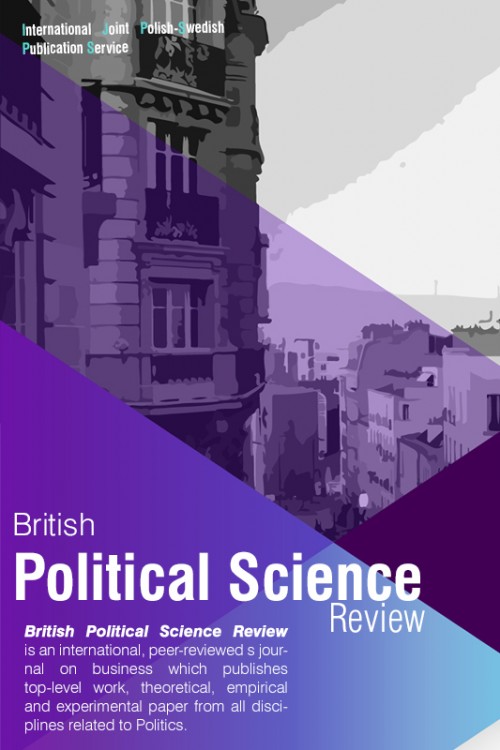
Policy-making of Education Reform in Developing Countries: Political Strategies and Selections
Abstract
“Policy-making of Education Reform in Developing Countries: Political Strategies and Selections” seeks to help the policy-makers in these countries better understand education reform processes and policies and the available political selections. This book focuses on the contents of the selections and strategies for achieving education reform in different levels of the system including primary, secondary, and tertiary educational levels; it also developed for minor sections like principal and teachers as well as the various objective the educational systems take into consideration such as the student marginalized groups’ access. In this paper, a collective approach has been introduced to identify educational obligations for the development of the human and social capital innovation in the global economy, sustainable economic growth, social harmony, more citizen participation, and increasing equality.